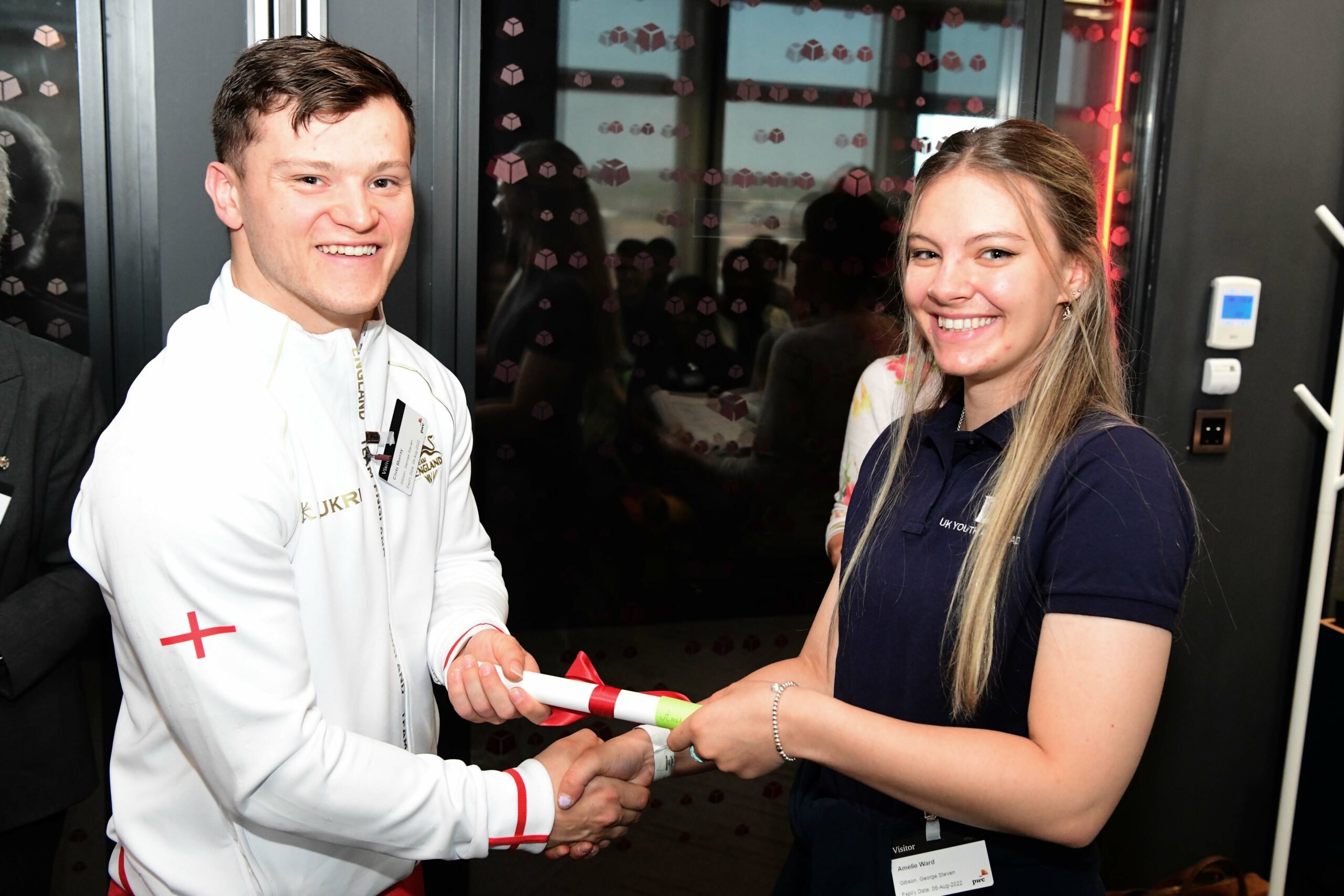Amelie’s DofE taught her to reach out of her comfort zone

Growing up in Australia, Amelie heard about DofE and, from the age of seven, knew she wanted that adventure, so as soon as she was old enough she signed up. The expedition was the motivating force, excitement at the new sense of independence it would bring.
“I am a DofE Youth Ambassador and I’m also a person with ADHD and Autism which means that everyday things can actually be a big challenge for me. It also involves a lot of sensory issues; I can really struggle in certain conditions and I’m prone to sensory overload, and if I’m in an environment that’s a little too loud, or a little too bright, it can really overwhelm me and send me into shutdown mode.”
“I also struggle with socialising. Because my brain works differently, I find it hard to understand others, so I find myself working very hard in social situations to process everything that’s going on. I’m also a high masking individual, which means I’m good at pretending that this isn’t a problem for me, and you wouldn’t necessarily know straight away that I’m autistic or have ADHD, because I fit very well into societal expectations, but this makes burnout a frequent thing for me.”
“It’s definitely not all negatives though. A few things I love about my ADHD and Autism are my special interests! I often get a very intense focus on a particular topic or hobby and can spend hours upon hours researching it, which means I have a lot of very specific knowledge and am great in a pub quiz situation! I also love experiencing autistic joy, which is a very strong feeling of happiness associated with something you love!”
“Having a general sense of compassion, understanding and being non-judgemental is very important in everyday life, but especially when dealing with people with hidden disabilities. You never know who may be affected, or how they are affected, so treating everyone with respect and kindness is the best way to go. Most people with hidden disabilities know themselves very well so listening and facilitating their coping or management strategies can be really helpful!”




